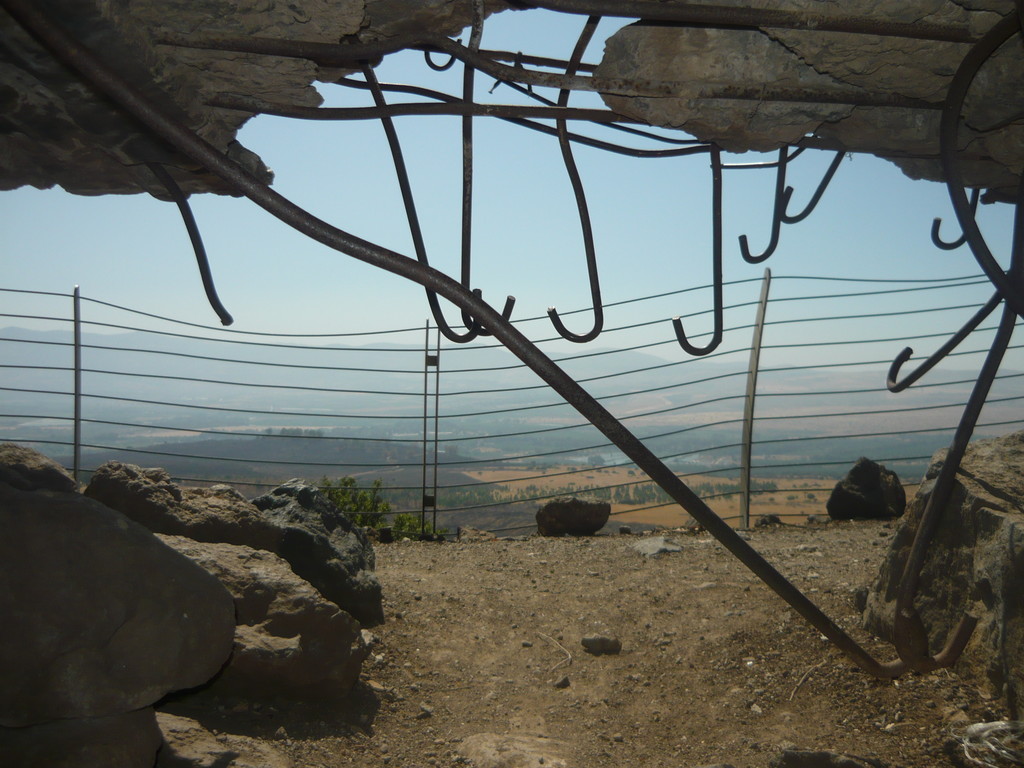At crisis moment, finding unity under Hashem
The thundering sounds of artillery fire echoed through the valleys beneath the Golan Heights and across the Sea of Galilee. All along the northern border with Syria, civilians were huddled in their bunkers and bomb shelters, wondering when this latest round of violence would abate.
On the face of it, this was nothing new. For 19 years the Israeli citizens of the north had endured an almost daily barrage of shellfire from the Syrian guns perched in the Heights above. In fact, an average of 1,000 shells a day fell on the kibbutzim, towns and villages within range of the Golan, when the Syrian army had control of the Heights.
But this time it was different. It was June of 1967, and Israel had finally decided enough was enough. Gambling that the Syrians would never expect a surprise attack on such strategically superior positions, the Israelis were climbing the Golan in an attempt to remove, once and for all, the Syrian guns terrorizing the citizens of the north.
The battle was not just about a piece of real estate; at stake was Israel’s right to live in peace and her responsibility to protect her citizens from aggression. Finally, after 19 years of unremitting terror, Israel had an opportunity to set the north free. There would be no second chance.
In the northern thrust, the elite Golani brigade was in trouble. The terraces up the side of the mountain were completely impassable to armor, so the infantry found themselves all alone. Everything came to a head on the slopes beneath the Syrian fortifications at Tel Facher.
The Syrians had spent an inordinate amount of time building this defensive position, as it was clear that this was the gateway to the entire Golan Heights. The Israelis, caught in an impossibly exposed position, with no armor support, and with quarters too close for real artillery and air support were being forced into almost single file up the mountain path, as they encountered intense defensive positions including mines and barbed wire.

 46.0°,
Light Drizzle
46.0°,
Light Drizzle 









